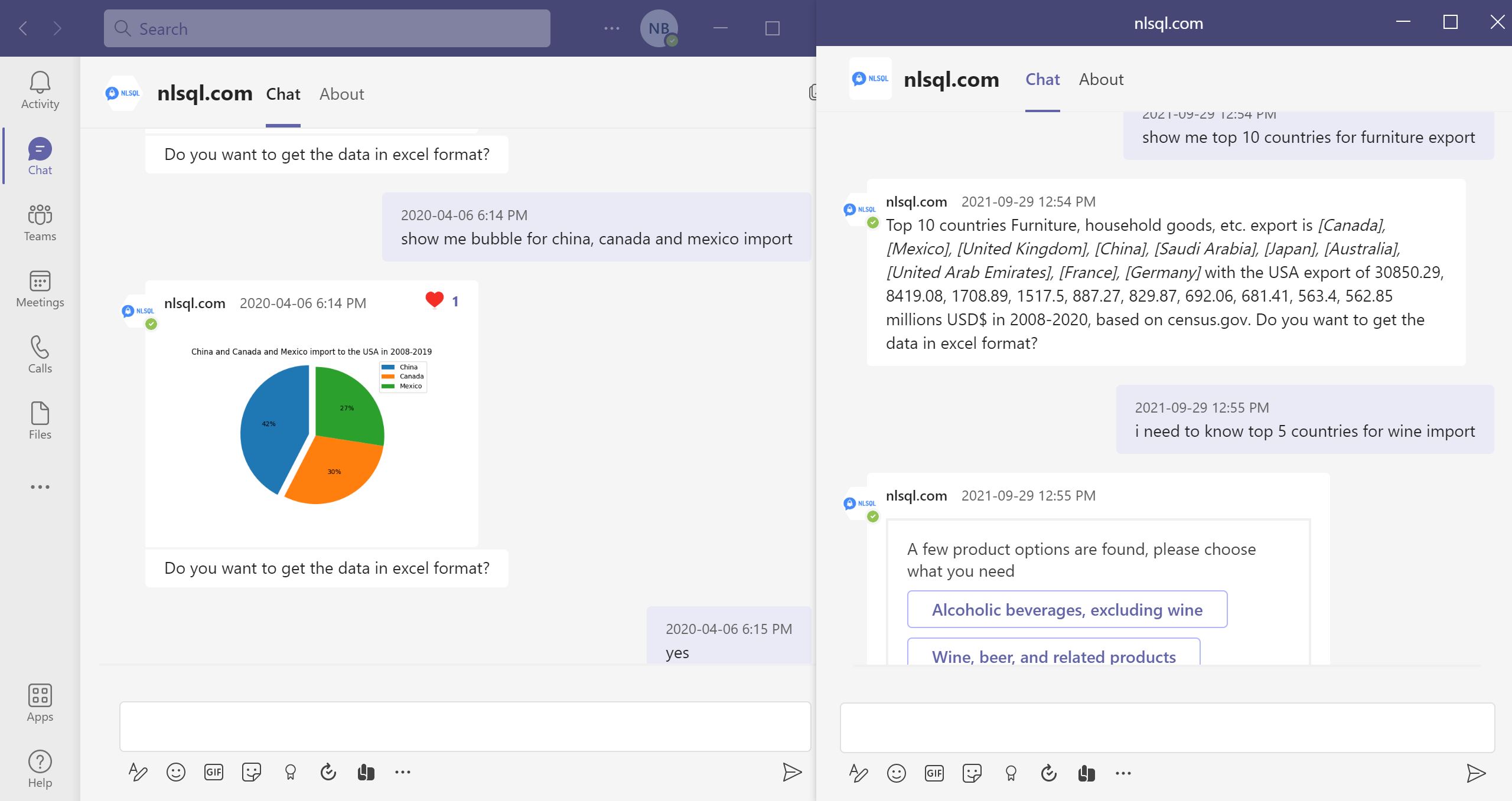Drive Data-Driven Decision Making: Harnessing Advanced Analytics Tools for Informed Business Decisions
In today's competitive business landscape, organisations must continually adapt and evolve to stay ahead of market trends and customer demands. One key strategy to achieve this is by leveraging advanced analytics tools and platforms to harness customer data, improve insights, and make informed decisions regarding product assortments, marketing campaigns, and operational efficiencies.
Data-driven decision making (DDDM) is the practice of basing decisions on data analysis rather than intuition or observation alone. This approach enables organisations to make more informed decisions, as they can identify patterns, trends, and correlations that might not be immediately apparent. By leveraging advanced analytics tools, businesses can gain a deeper understanding of their customers, products, and operations, leading to improved decision making at all organisation levels and a competitive edge in the market.
Adoption of artificial intelligence (AI) and machine learning (ML) in analytics: AI and ML technologies are becoming increasingly prevalent in advanced analytics tools, as they can process vast amounts of data more efficiently than traditional methods. These technologies allow organisations to uncover hidden patterns and correlations in their data, leading to more accurate predictions and better decision-making capabilities. One such innovation that has been making waves in the AI data analytics market is NLSQL, which allows users to interact with databases using natural language queries.
Examples of NLSQL in Action for the various industries:
- Retail: A leading retailer at Middle East market used NLSQL to optimise its product assortments, site P&Ls and marketing campaigns, resulting in a 15% increase in sales and a 10% reduction in inventory costs.
- Finance: A global bank from East Europe leveraged NLSQL to analyse customer data and identify trends, leading to a 20% increase in customer retention and a 5% reduction in operational costs.
- Healthcare: A large hospital implemented NLSQL prototype to analyse patient data and identify patterns at downstream complications for patients with multiple conditions, resulting in a 20% reduction in patient readmissions and a 5% increase in patient satisfaction.
The AI data analytics market has been experiencing explosive growth in recent years, with the global market size expected to reach $105.8 billion by 2027, growing at a CAGR of 26.3% from 2020 to 2027. The increasing adoption of NLSQL and other advanced analytics tools is a driving factor behind this growth, as businesses recognise the value of leveraging data to make informed decisions and drive operational efficiencies.


